British Literature
Showing 265–288 of 419 results
-
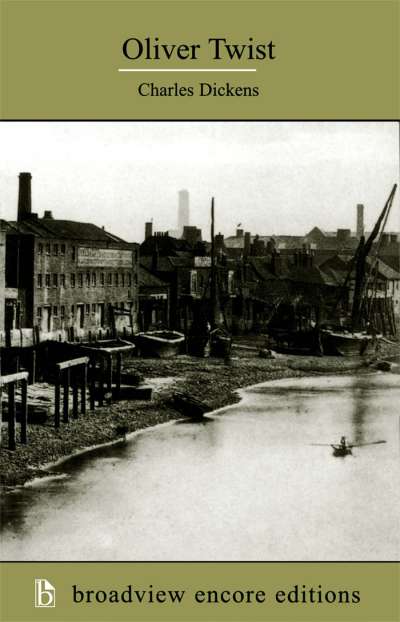
Oliver Twist
Charles Dickens’s famous second novel recounts the story of a boy born in the workhouse and raised in an infant farm as he tries to…
-
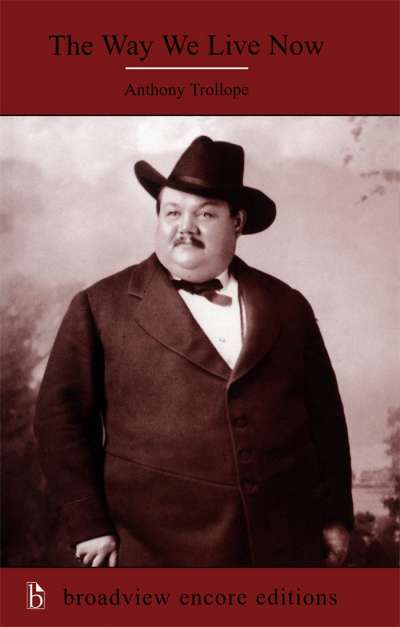
The Way We Live Now
The Way We Live Now—regarded by many as Anthony Trollope’s greatest novel—encompasses in its broad scope much of the business, political, social, and literary life…
-
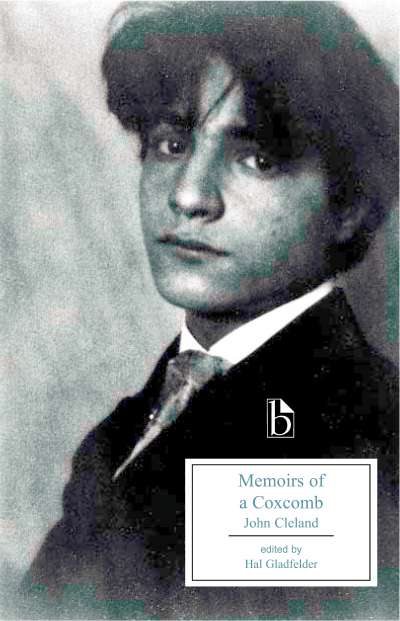
Memoirs of a Coxcomb
Published in 1751, John Cleland’s second novel (after the notorious Memoirs of a Woman of Pleasure) is a witty and complex portrait of aristocratic British…
-
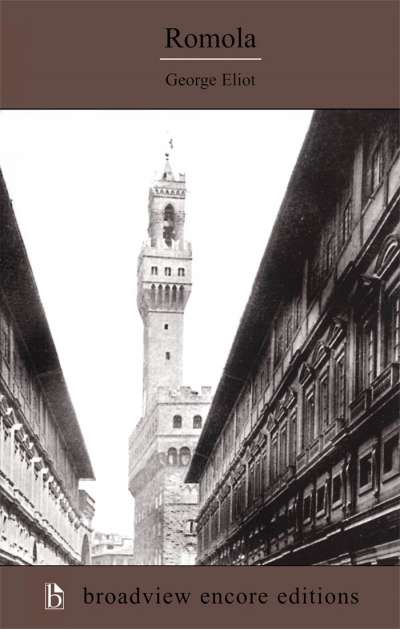
Romola
The most exotic of George Eliot’s works, Romola recounts the story of the famous religious leader Savonarola in Florence at the time of Machiavelli and…
-
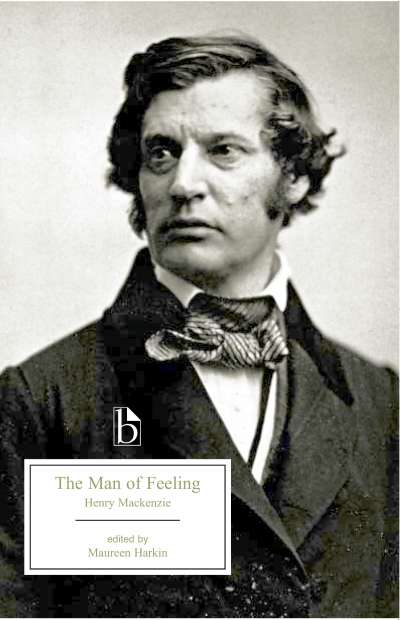
The Man of Feeling
The Man of Feeling is unquestionably among the most important and influential works of eighteenth-century sentimental fiction. The novel follows Harley, the eponymous “man of…
-
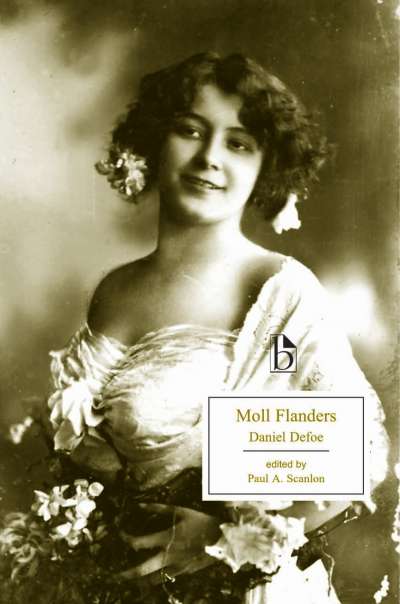
Moll Flanders
Born to a petty thief in London’s notorious Newgate prison and determined to make her way in a rapacious and materialistic society, Moll Flanders recounts…
-
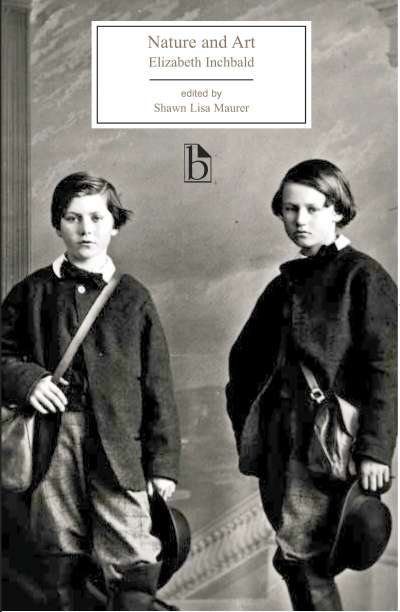
Nature and Art
Nature and Art commands a central place in the history of the English Jacobin novel. Published in 1796, the story explores the opposition between the…
-
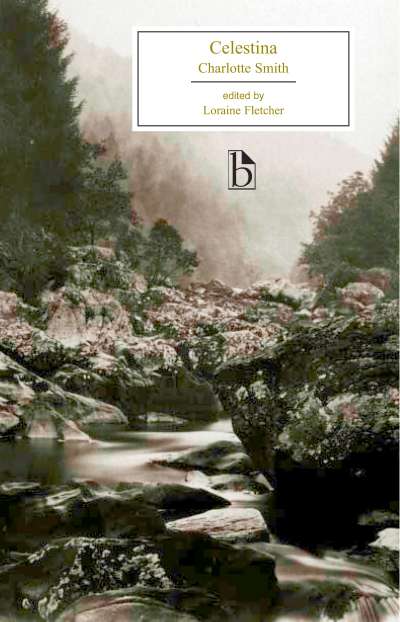
Celestina
Published here for the first time in a modern edition, Charlotte Smith’s third novel is both rivetingly plotted and unique for its time in its…
-
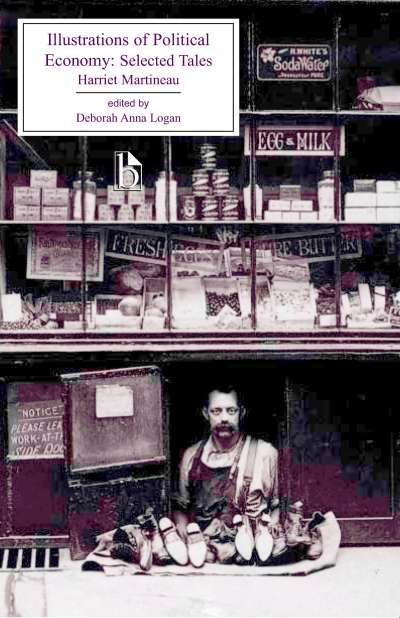
Illustrations of Political Economy
Published in 1832, Illustrations of Political Economy established Harriet Martineau as both a successful and controversial author and a pioneer of nineteenth-century “social problem” writing.…
-
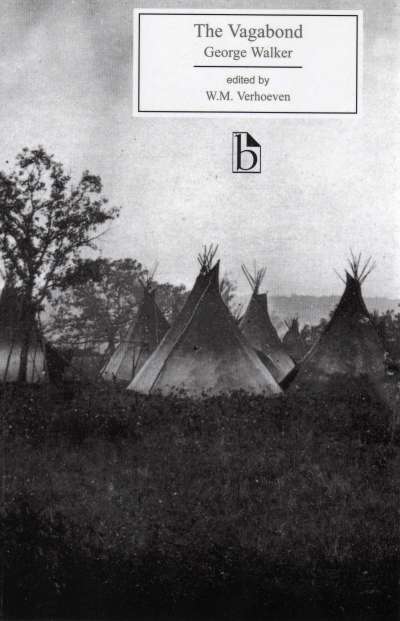
The Vagabond
First published in 1799, George Walker’s The Vagabond was an immediate popular success. Offering a vitriolic critique of post-Bastille Jacobinism and sansculotte-style mob rule, its…
-
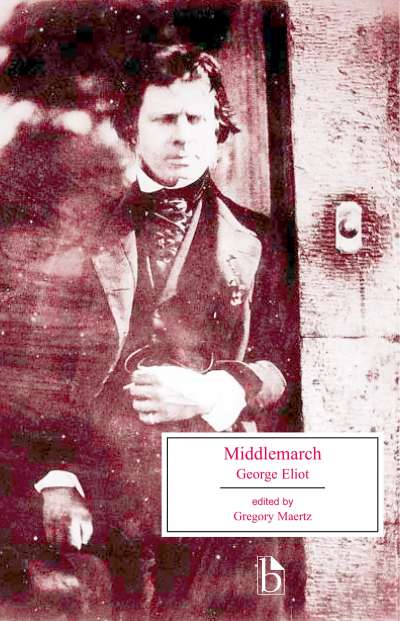
Middlemarch
George Eliot’s Middlemarch (1871-72) is one of the classic novels of English literature and was admired by Virginia Woolf as “one of the few English…
-
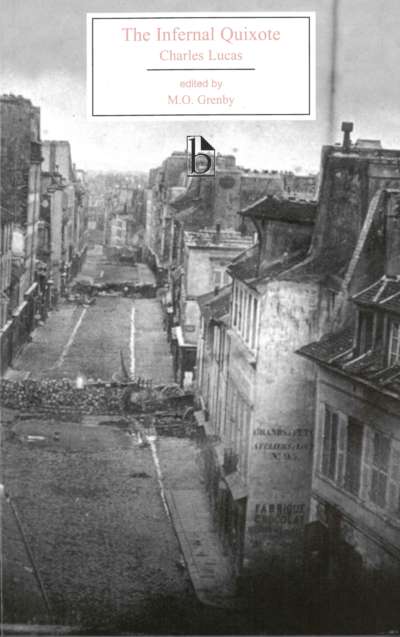
The Infernal Quixote
The Infernal Quixote (1801) is an enjoyable comic romp in which Charles Lucas engages directly with the most pressing political issues of his day and…
-
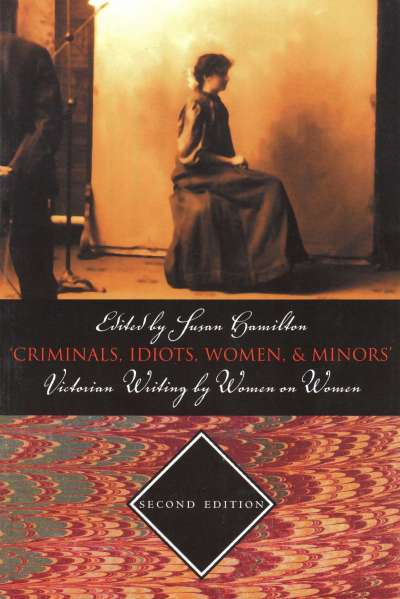
Criminals, Idiots, Women, & Minors – Second Edition
“Pardon me; I must seem to you so stupid! Why is the property of the woman who commits Murder, and the property of the woman…
-
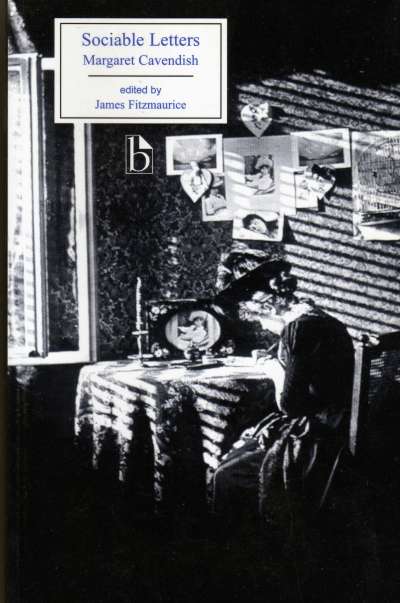
Sociable Letters
The writings of Margaret Cavendish, Duchess of Newcastle, are remarkable for their vivid depiction of the mores and mentality of seventeenth-century England. This edition includes…
-
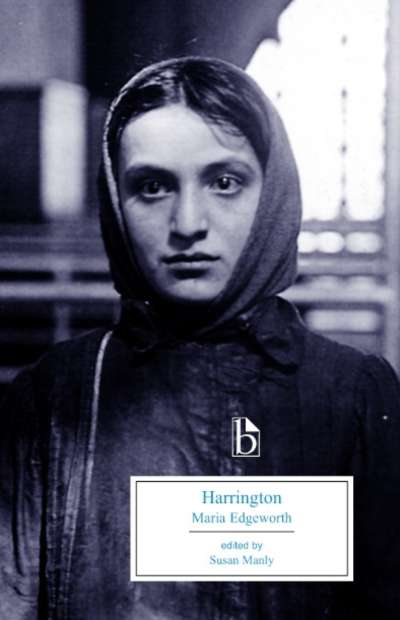
Harrington
Harrington (1817) is the personal narrative of a recovering anti-Semite, a young man whose phobia of Jews is instilled in early childhood and who must…
-
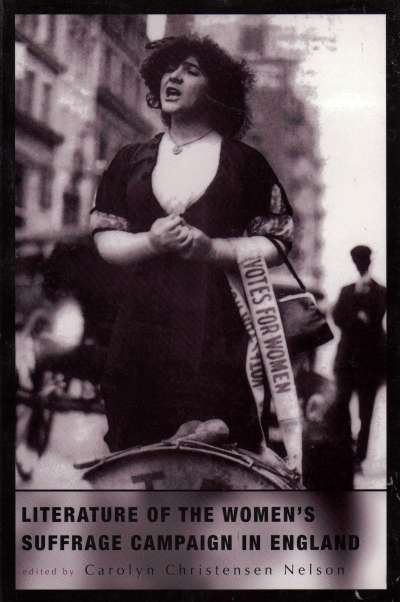
Literature of the Women’s Suffrage Campaign in England
During the British women’s suffrage campaign of the late nineteenth and early twentieth centuries, women wrote plays to convert others to their cause; they wrote…
-
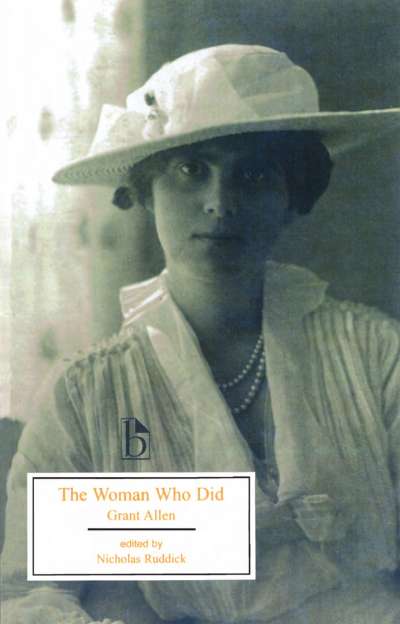
The Woman Who Did
The controversial subject matter of Grant Allen’s novel, The Woman Who Did, made it a major bestseller in 1895. It tells the story of Herminia…
-
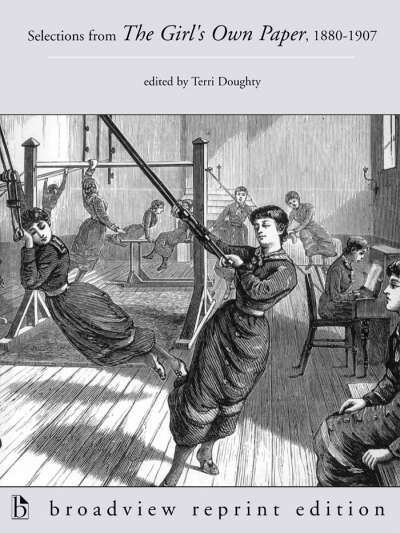
Selections from The Girl’s Own Paper, 1880-1907
The Girl’s Own Paper, founded in 1880, both shaped and reflected tensions between traditional domestic ideologies of the period and New Woman values in the…
-
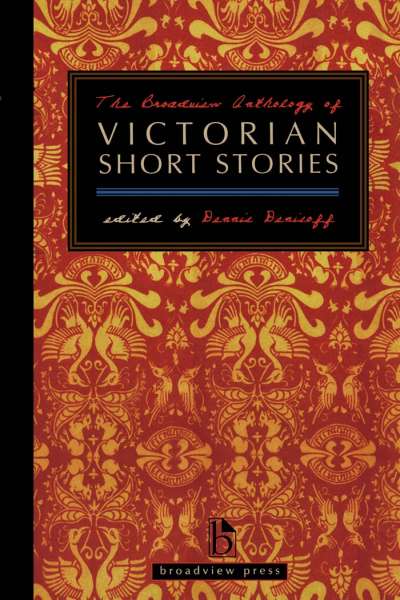
The Broadview Anthology of Victorian Short Stories
The Broadview Anthology of Victorian Short Stories beautifully demonstrates the astonishing variety and ingenuity of Victorian short stories. This collection brings together works focused on…
-
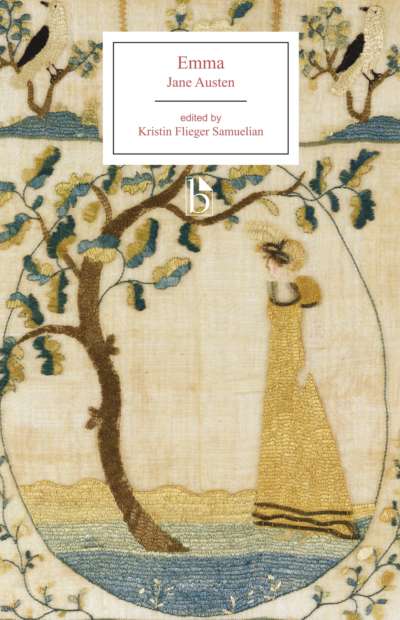
Emma
Jane Austen’s Emma (1816) tells the story of the coming of age of Emma Woodhouse, “handsome, clever, and rich,” who “had lived nearly twenty-one years…
-
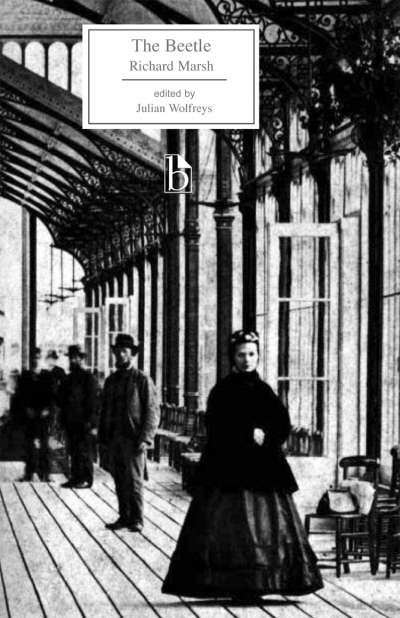
The Beetle
The Beetle (1897) tells the story of a fantastical creature, “born of neither god nor man,” with supernatural and hypnotic powers, who stalks British politician…
-
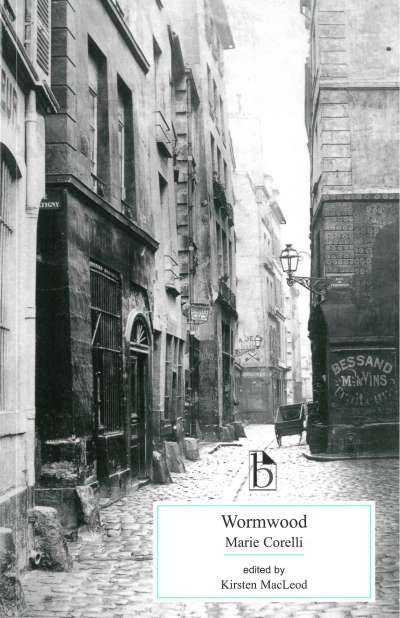
Wormwood
Though disparaged by literary critics of her day, Marie Corelli was one of the most popular novelists of the late Victorian and Edwardian periods. Wormwood…
-
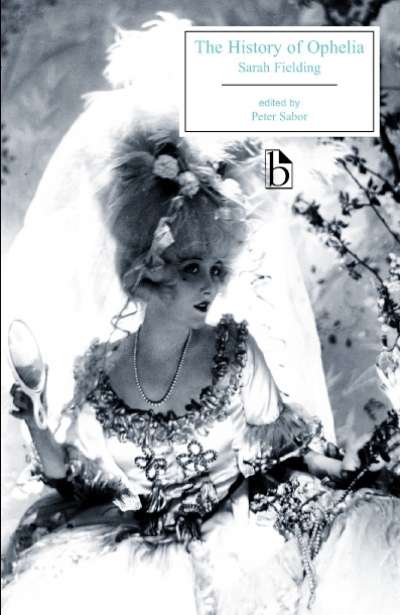
The History of Ophelia
In the mid-eighteenth century, Sarah Fielding (1710-68) was the second most popular English woman novelist, rivaled only by Eliza Haywood. The History of Ophelia, the…
-
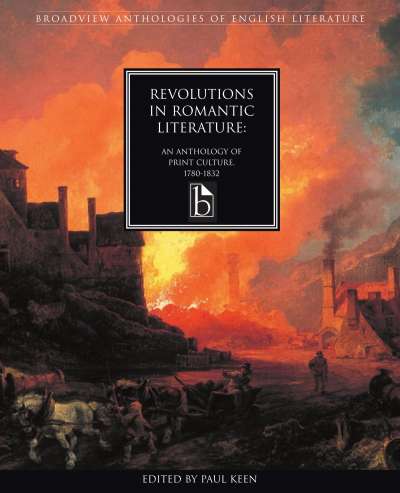
Revolutions in Romantic Literature
This concise Broadview anthology of primary source materials is unique in its focus on Romantic literature and the ways in which the period itself was…
